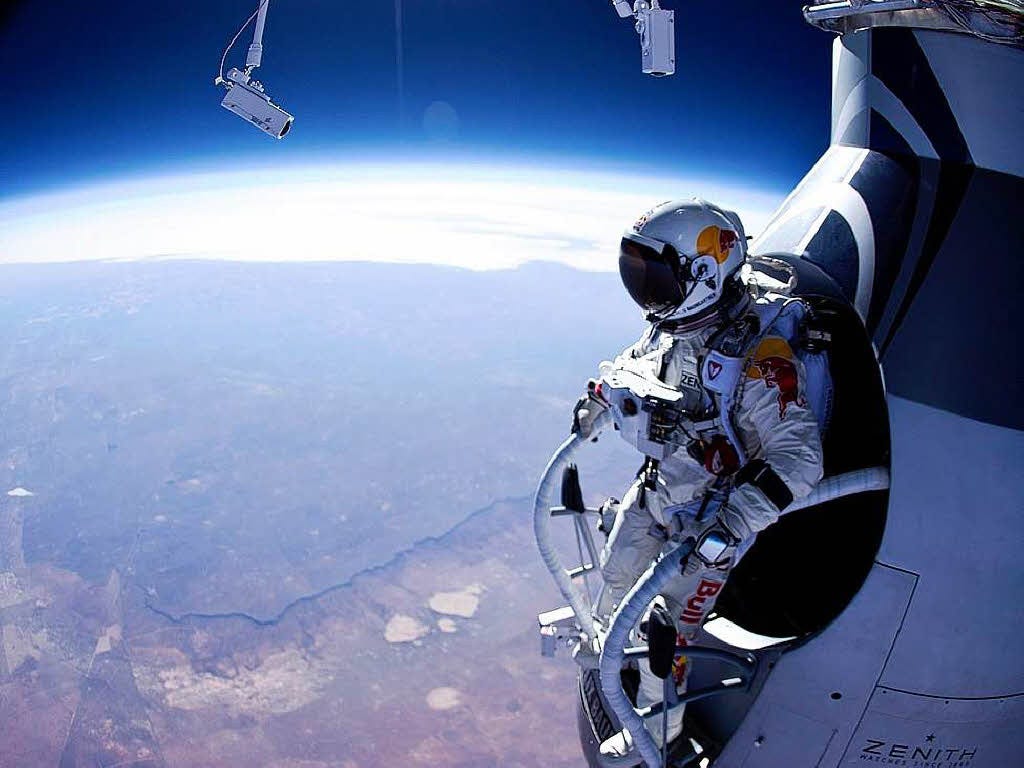Archive: Celebrity marketing – tired trope or misused asset?
Continuing my mini-series assessing the quotes of advertising mogul David Ogilvy, read part one here – David Ogilvy's definition of ‘pure’ advertising is digital PR – I examine his thoughts around the use of celebrity marketing and how the marketing legend might have been wrong...
Even since David Ogilvy's death in the late 90s, marketing has shifted and evolved. To understand how, you only need to read his post-rationalised thoughts on paying the widow of former U.S. President FDR, Eleanor Roosevelt, to front an advert campaign for margarine:
Viewers have a way of remembering the celebrity while forgetting the product. I did not know this when I paid Eleanor Roosevelt $35,000 to make a commercial for margarine. She reported that her mail was equally divided. "One half was sad because I had damaged my reputation. The other half was happy because I had damaged my reputation." Not one of my proudest memories.
By all accounts Mrs Roosevelt did put the money to good use through a number of charitable activities.
Now, think of an atypical advert today. What stands out? Is it the product benefits? Or is it Sean Bean's voice? Or homeless Wayne Rooney? Or this dross from Brad Pitt? Ogilvy viewed the need for celebrities in marketing as an unnecessary distraction from the intended message and, at best, a boost for a weak concept.
It's aim is to trigger a fleeting reaction in our minds, "Oh I know them. And they're representing brand X, I must buy it". We probably don't think in those exact words, but we'll definitely have some sort of subconscious reaction to the advert, sparking an emotive reaction (positively or negatively), potentially parting with our cash further down the line.
[caption id="attachment_1833" align="aligncenter" width="1920"]
Brad Pitt 'selling' Chanel No.5. For a better understanding of the ridiculousness of a perfume advert, Google 'Lee Mack Ginsters'. And try not to laugh too hard.[/caption]
Nonetheless, the apparent 'need' for a celebrity in marketing is something brands and agencies still cannot resist. And they will continue not-resisting until Facebook is haunted by our dormant profiles.
All that said, this doesn't always mean the use of a celebrity is a perceived failure, far from it. The choice of the individual(s), however, has to complement the narrative and concept of the advert. It needs to add to the initial creativity of the idea, not shoe-horned in just because they're famous. One of the reasons why 'The Epic Split' was a masterstroke of modern advertising:
To a much lesser extent, the ridiculousness of JCVD's Coors adverts also work... sort of.
Where celebrity marketing really shines is when it appears to be more natural, less forced than a television advert or sponsored social media post. Case in point, over eight million people, live, watched Felix Baumgartner jump out of an over-sized milk churn and free fall back to Earth (with a little help from a parachute near the end). The event was sponsored by Red Bull, plastered all-over really, but not something a consumer would immediately take notice of – their focus on man falling along way at pant-wetting speeds. Red Bull earned tens of millions of dollars of media exposure and sold a hell of a lot of cans of the stuff that's better mixed with vodka. And helped to put the brand on a par with Coca-Cola in terms of value.
Sometimes brands luck out, without official celebrity involvement – just look at how Kate Middleton effectively saved REISS by wearing one of their dresses for her official engagement photo. Now, on the face of it, it does seem that this is simply fortuitous, in Kate choosing to wear the brand, and REISS effectively lucking out but... any marketing team worth their salt would still have to jump-on, and expand on this coverage.
It's unlikely royal protocol allows Kate to officially endorse any brand, but there's nothing to stop such a company introducing themselves or, by-proxy, offering exclusive ranges to the well-known stylists/personal shoppers of such individuals – implementing the necessary tactics for their brand to be seen by the right people.
David Ogilvy's view of celebrity marketing at the time was not, in itself, wrong. I'm sure in the modern, celebrity-obsessed culture we live in, he would have refined his view, developing creative advertising on a par with his best efforts from his era, and pushing the boundaries of an already creatively bold industry.




